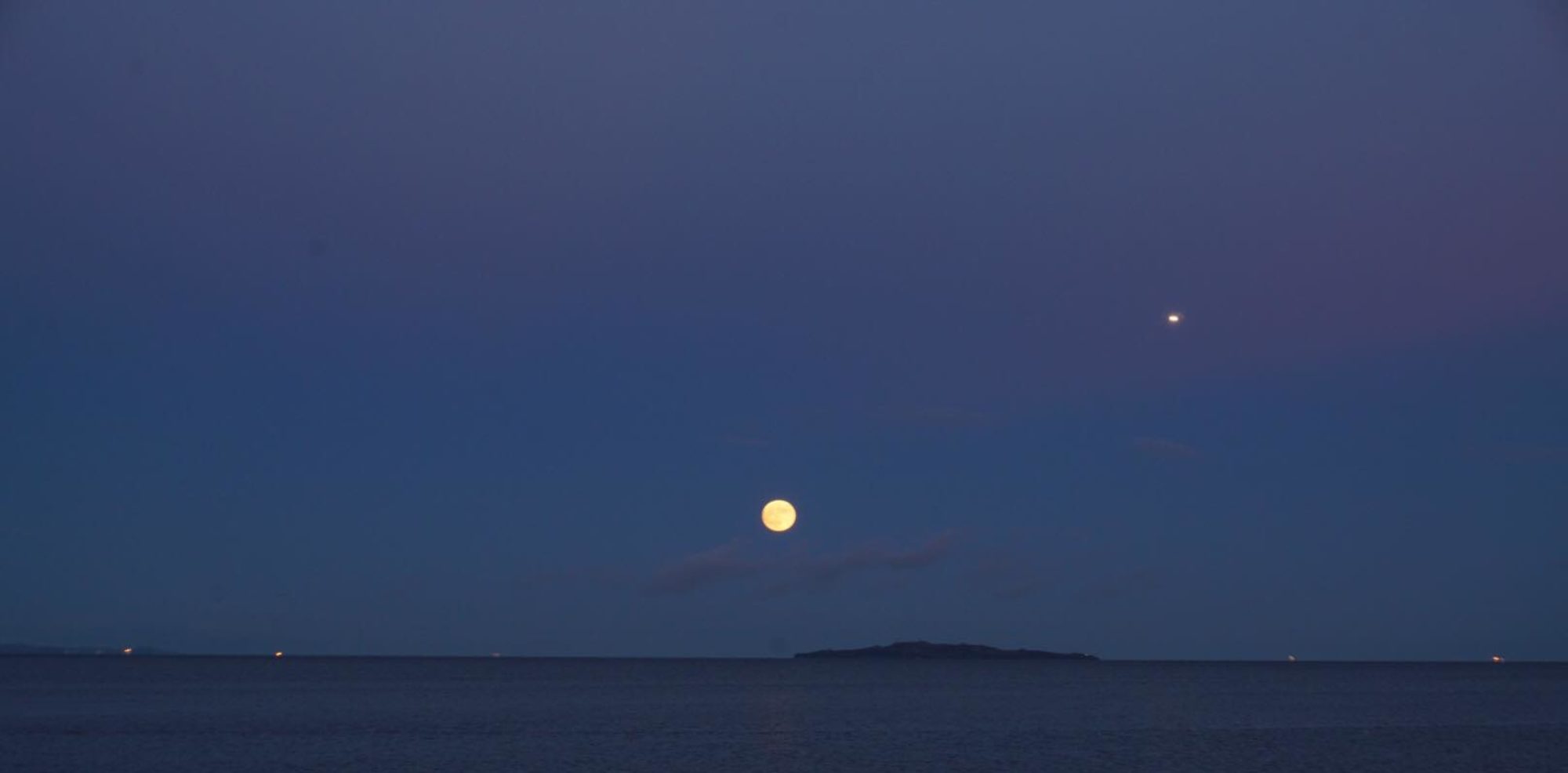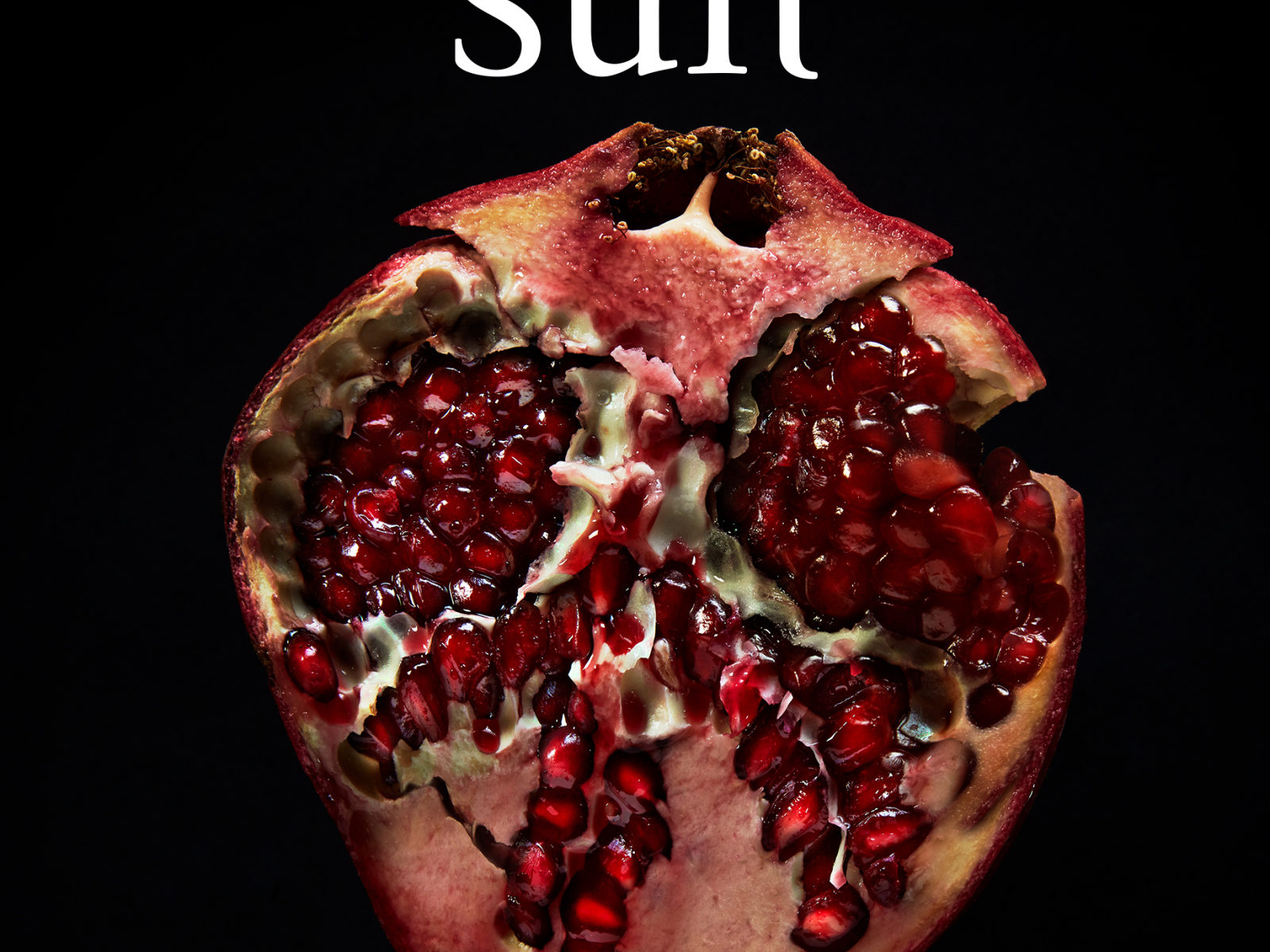I have just entered my third year studying English and Film at university, the year when shit gets real essentially. And I am living through a global pandemic, as someone who is a germaphobe/hypochondriac, needs to be around people to study well, and is also unemployed.
Yes I am also in an incredible high position of privelage in comparison to so many others, but I want too draw attention to the government’s disgusting lack of care towards young people during this crisis. When students suffer mentally from crises like this, the response is never to act after the disastrous incident has already happened, this should have taken place before. Students should have never been sent to university accommodation or flats as these crammed conditions are perfect for this virus to spread. Students are forced to pay ridiculous amounts for both tuition fees and rent whilst studying for a degree from a laptop/computer.
As someone who studies the arts, the government telling me that my degree is of no value whilst still studying for my degree, is very disheartening. The global situation has already left many people hopeless, unemployed and in vulnerable positions; to add onto that those in the arts have been told to “reskill” to have a more “valuable” job to contribute to a capitalist society. This way of thinking is quite frankly disgusting. The arts have so much value in our lives, and in my case it quite literally is my life.
Luckily I made the decision in 2018 to study from my childhood home instead of moving to extortionate student accomodation, however this unfortunately means I have little contact with my friends and classmates to discuss university classes and life in general. this makes my current life very isolating; as if I am back to square one in full lockdown. Many of my friends in shared student flats still feel very isolated and miss physically being in a lecture but they have a student atmosphere whereas I am in the same environment that I have been in since March. The highlight of my day has now become going for a walk or a rare overpriced coffee meet up. Although I recognise my position of privelage, it is still very mentally isolating. It is also very strange to suddenly be around people again and question what their perception is of you after so many months indoors, self reflecting. This makes even meeting up with old friends simultaneously exciting and nerve wracking.
With the majority of hospitality closed in Glasgow and Edinburgh, it is harder to see friends to catch up and wind down from the stress of online learning. Online learning has also had it’s impact on many students. The majority of people I have spoken to studying for college/university online have a passionate hatred for online classes, as do I. Without a scheduled, physical lecture and tutorial, it is very hard to get into the learning mind set. Essentially all universities have asked students to teach themselves the course with bad communication and unclear instructions. This all sounds like a rant against the universities, but the effort to look after students both academically and mentally simply is not there.
I would encourage students and young people to speak up about these issues as we will soon be running the world that idiotic politicians have been ruining for us and blaming us for. Don’t take any shit from adults who say we are the “spoilt, complaining” generation; prove them wrong.

